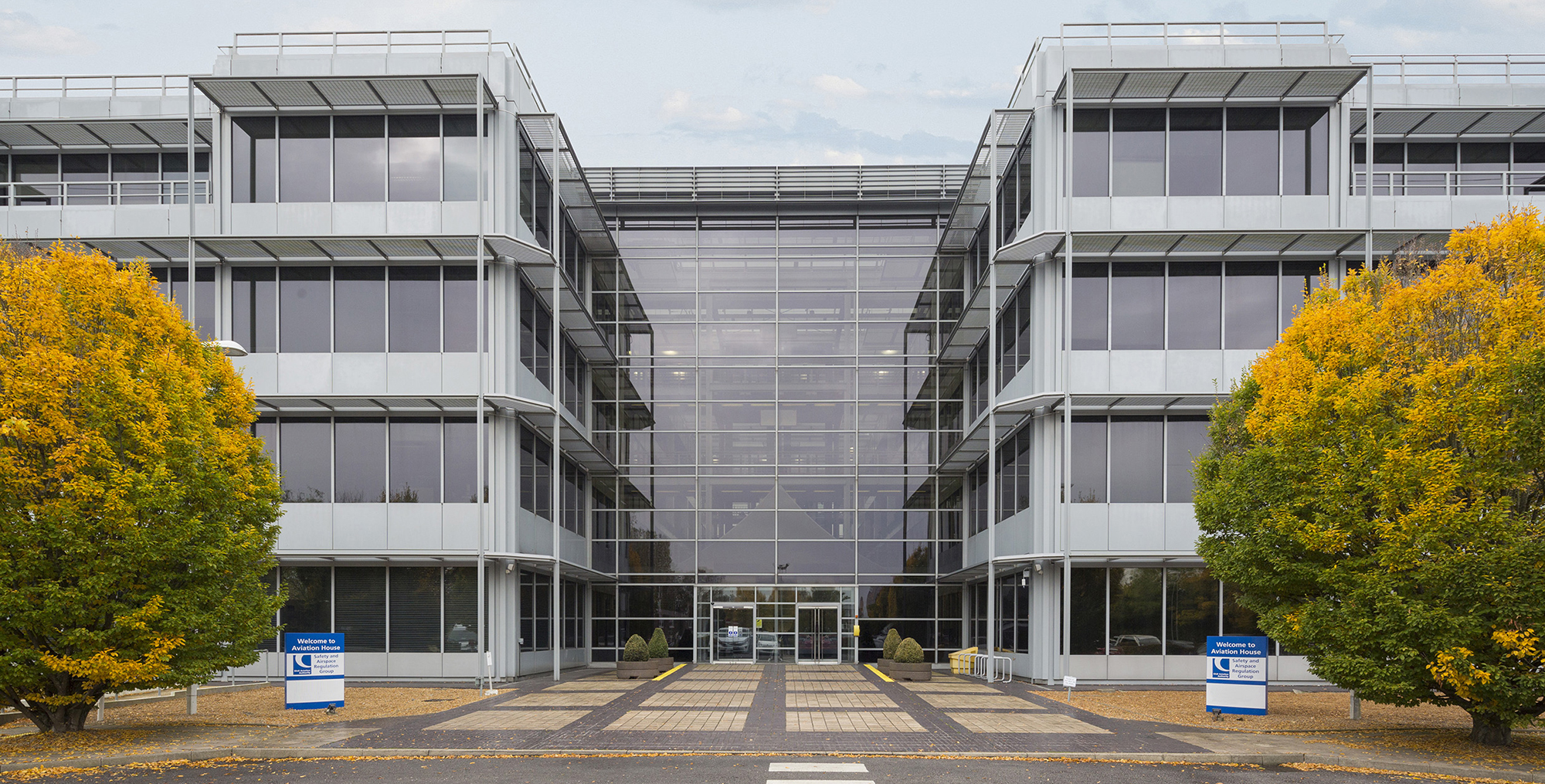In our third blog highlighting our work ahead of the restart and recovery of scheduled commercial flights over the coming weeks and months, the UK Civil Aviation Authority's Group Director of Safety and Airspace Regulation, Rob Bishton, explores the very important subject of aviation safety.
Aviation will play a critical role in a post-pandemic global economic recovery. Airlines will quite literally get the world moving again, driving economic growth as they move passengers and cargo around the world. As the regulator for the UK aviation industry, we are committed to doing all we can to assist businesses as they aid recovery efforts following the coronavirus pandemic. But everyone within commercial aviation fully understands that the eagerness to restart regular flights must not compromise safety.
It has always been the case that aviation safety risks are owned by the industry - with businesses carrying out risk-assessments unique to what they do. Our role at the Civil Aviation Authority is to inspect and license UK operators on how they manage these risks, firmly preventing unsafe practices in UK aviation. We are also able to help colleagues across the industry to understand the risks by sharing best-practice and providing relevant safety data and analysis. The unprecedented shutdown of most passenger flights over the last year has however created some specific challenges for airlines that now need to be addressed.
While most airlines have not 'grounded' their aircraft (an increase in cargo flights and a rotation policy has helped keep most in use), not all crew have been able to fly as normal. Fortunately, most airlines have been able to provide sufficient flight simulator time for their pilots to keep their skills topped-up and in compliance with the regulations.
In other cases, we have been working with industry to put focussed training plans in place for organisations and the individuals concerned. But, as well as ensuring they are operationally ready, flight and cabin crew may also need to learn new Covid-19 protocols before they can operate revenue flights again. The compulsory wearing of face coverings in-flight by passengers, for example, certainly presents some new challenges for cabin crew. You can learn more about the measures airlines and airports are taking to be COVID-secure in Ben Alcott's earlier blog on our independent and voluntary CART assurance scheme.
Ultimately, passengers can be comforted knowing that we, the UK Government, and the wider aviation industry, have been preparing for the return to flying in order to meet these new requirements for safe travel.
Passengers can expect the same levels of safety performance as before the pandemic and preparations for a resumption in flying have been taking place over the past 12 months, with CAA playing its part and coordinating much of this safety-focused work.


Leave a comment
Fields marked with an asterisk (*) are required.